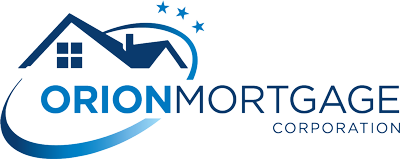Things Borrowers Should AVOID During a Loan Application
Mortgage loan transactions can be finicky, often relying on multiple credit checks and detailed documentation of income, employment, and financial status. Here are some of the biggest slip-ups that can dramatically impact the speed and outcome of your loan.
Depositing large sums of money into your accounts raises a red flag for the lender. Any large deposit will have to be documented with copies of the check, deposit slips, and a paper trail including the source of the money – to prove it isn’t borrowed. Depositing large amounts of money can cause more work for the borrower and could cause a delay in the loan process.
Much like deposited money, transferred money requires sourcing, showing a paper trail and could cause delays. Always talk to your loan officer first in order to navigate around actions that could cause unnecessary delays!
This means no new cars, no new credit cards, no new anything until AFTER closing on your house. Applying for new credit will lower your credit score which can result in higher interest rates and payments. If you increase your debt by obtaining new credit, you can jeopardize your chances of qualifying for a new mortgage.
Some lenders will pull your credit prior to closing to verify that there aren’t any missed or late payments since the date of your application. Missing payments or having a delinquency on your credit report can lower your credit score dramatically, increasing your interest rate, payments, and even disqualify you for the loan.
Lenders verify your employment and income prior to closing to insure your ability to repay your mortgage loan. If you quit your job, they won’t be able to verify your income and your loan application will be declined. While this may seem like a no-brainer, you might be surprised at how many people make the decision to quit or change jobs in the middle of a purchase transaction.


